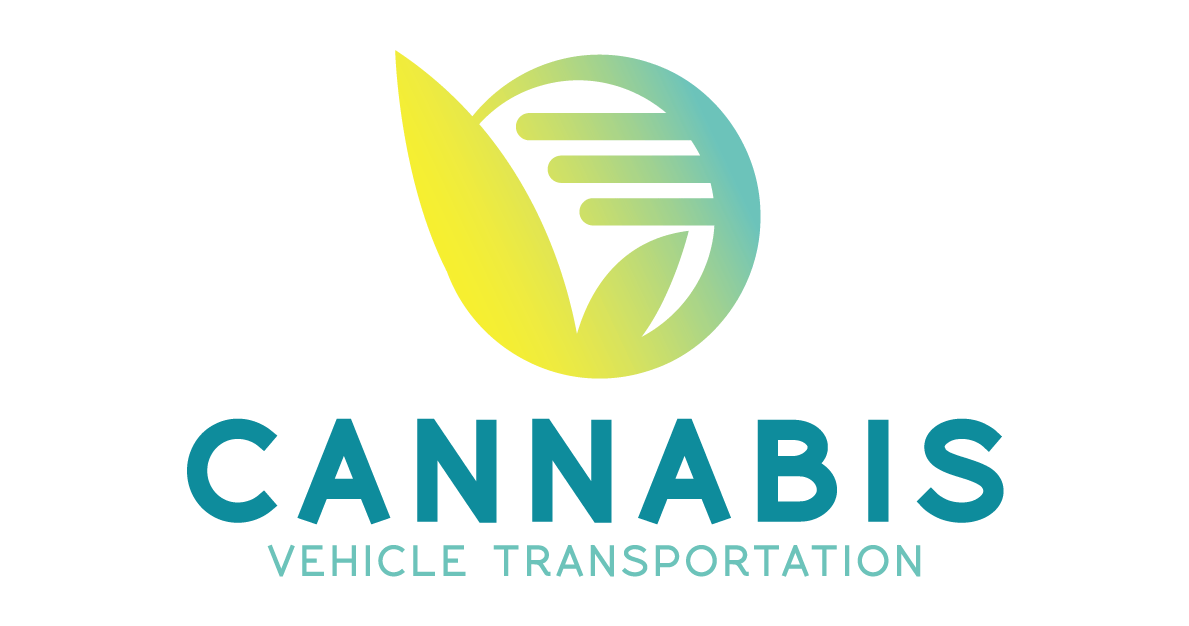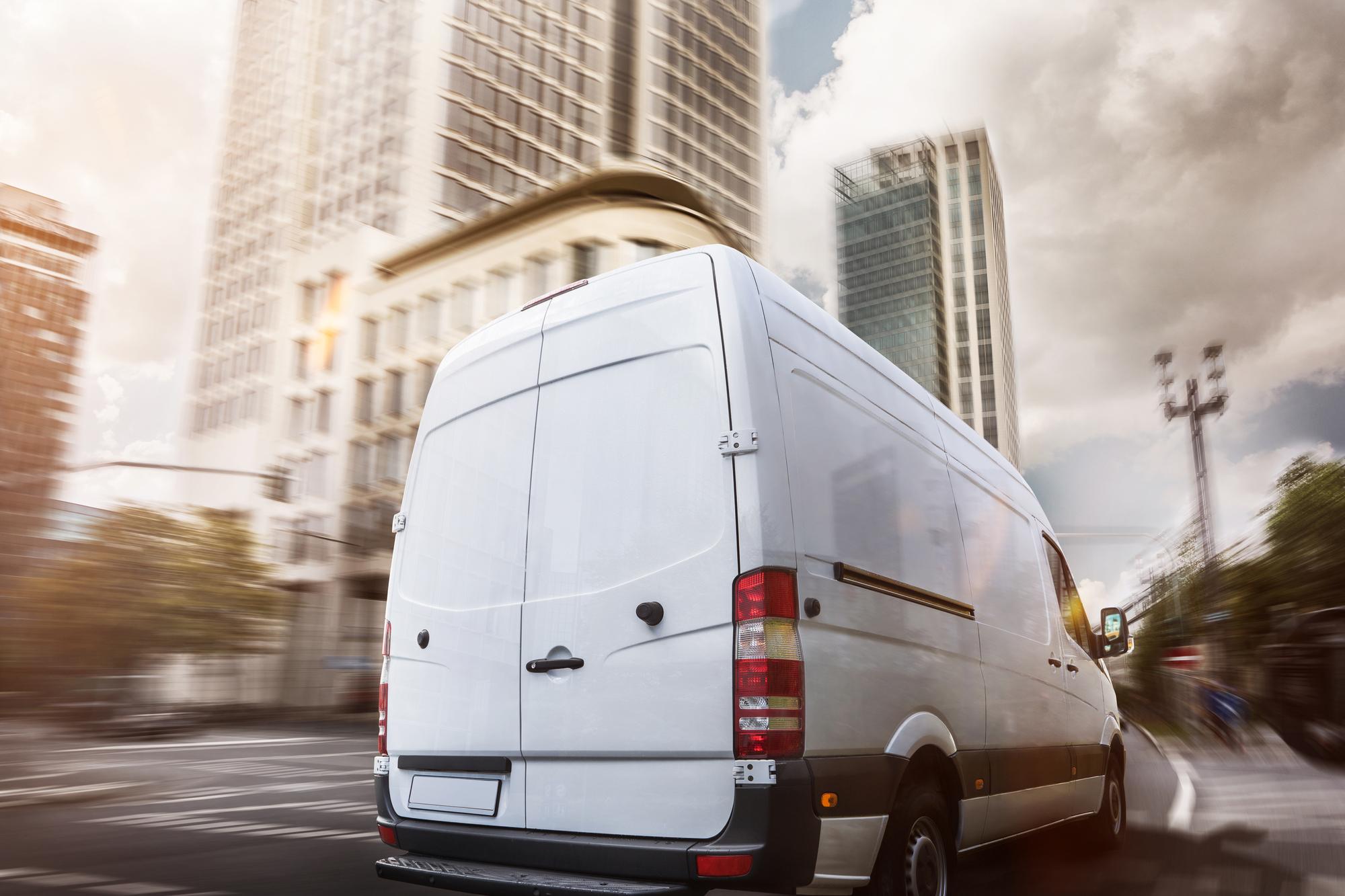Blog Posts
-
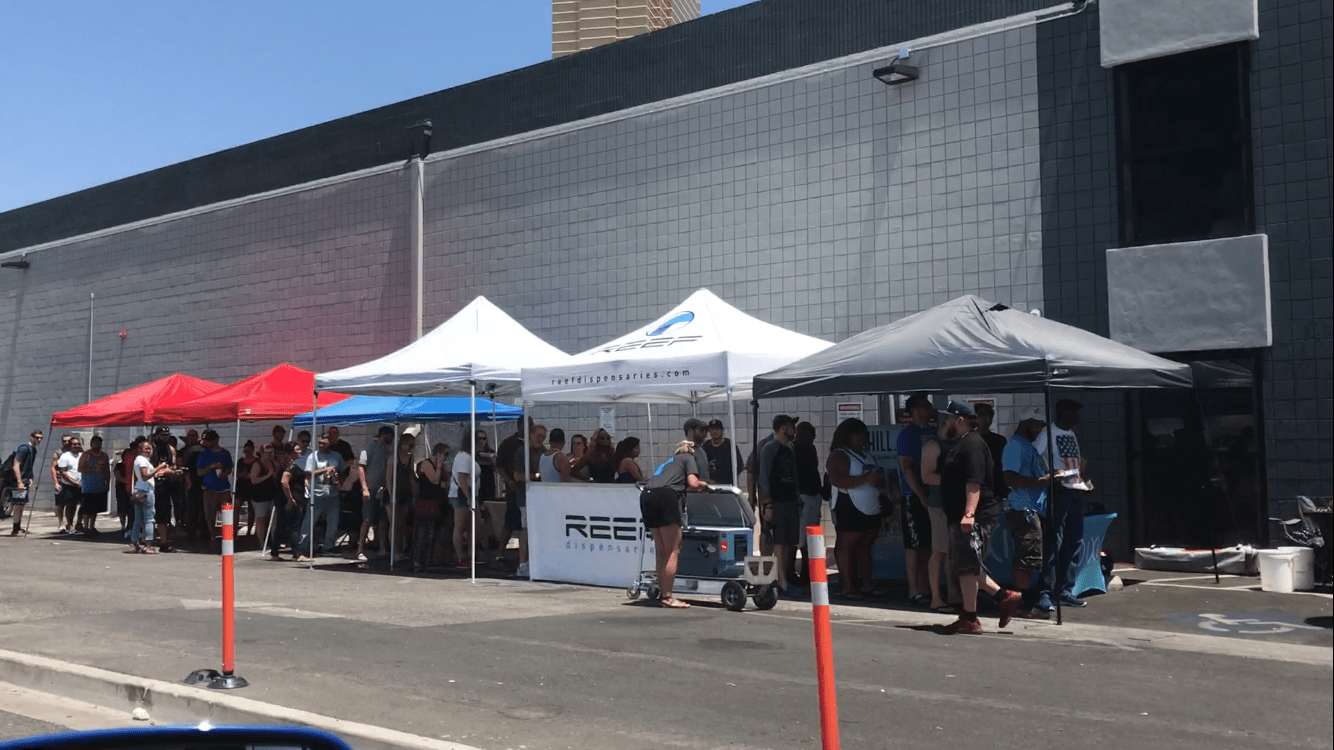
High-Octane Marketing: Cannabis Vehicle Wraps & Car‑Show Pop‑Ups
Cannabis brands are constantly innovating to overcome stringent advertising restrictions—and they’ve found a creative highway right through car culture. Using vehicle wraps and experiential pop‑ups at local and national car…
-
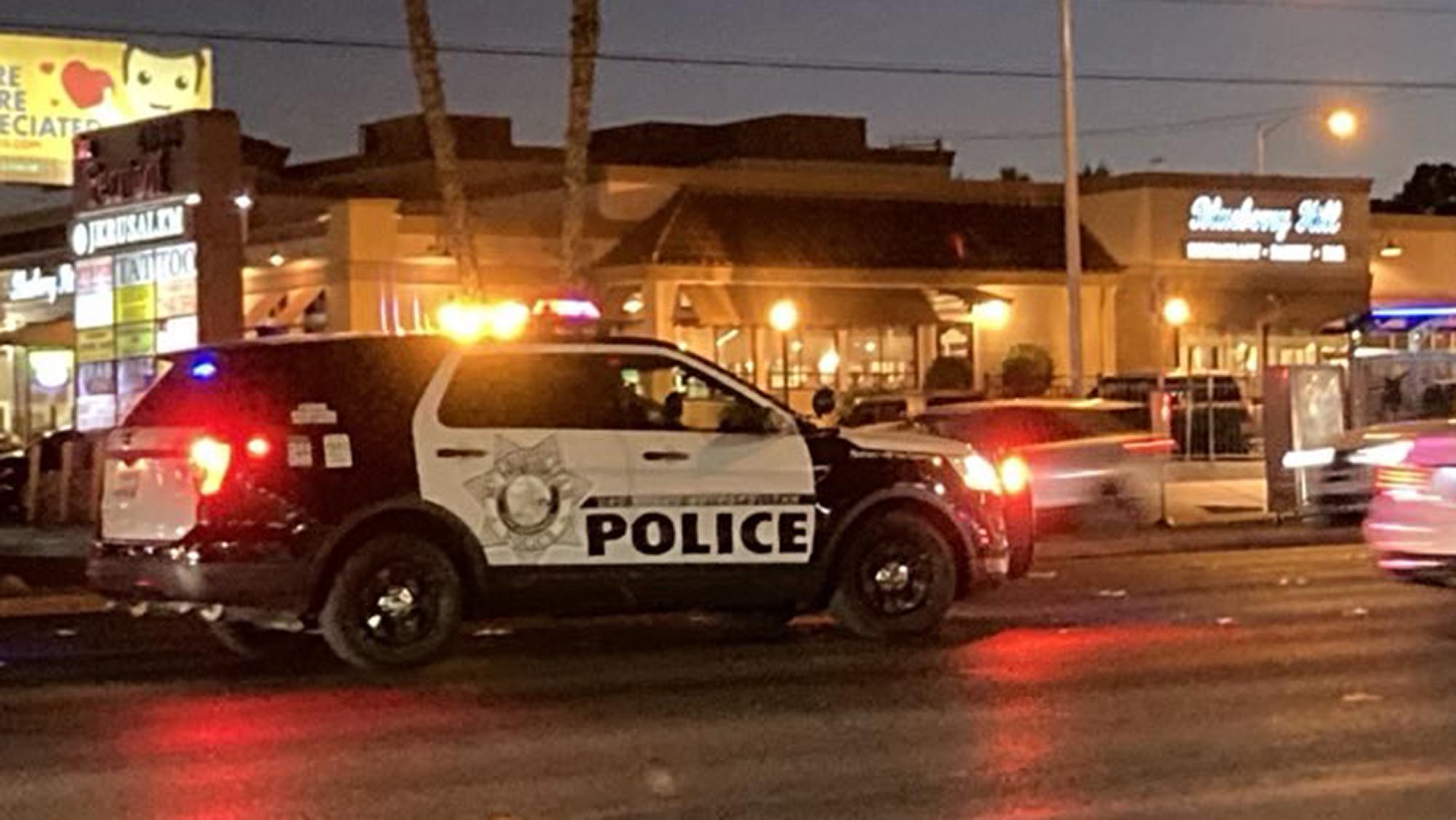
What Happens If Cannabis Transport Drivers Are Pulled Over?
Cannabis transportation drivers—operating a licensed, compliant fleet—may sometimes find themselves pulled over by law enforcement. Understanding the correct procedures and your legal obligations is essential to maintaining compliance, ensuring safety,…
-
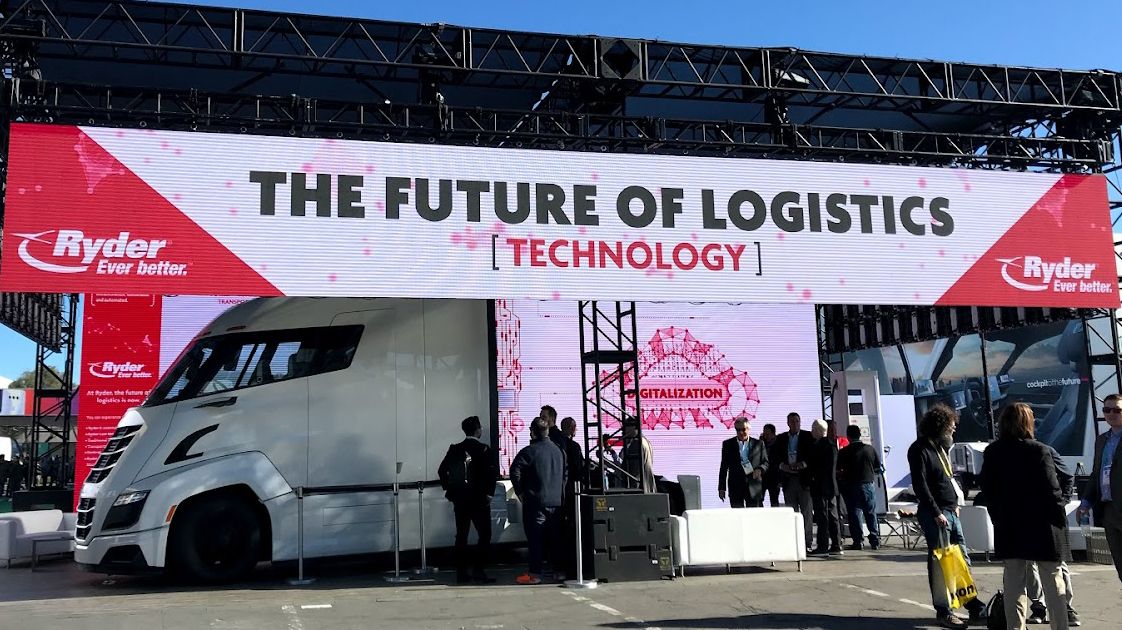
The Future of Cannabis Transportation: Trends, Challenges, and Innovation
As the legal cannabis industry enters a period of explosive growth, the transportation sector underpinning it faces a complex future. With North American cannabis sales projected at $57 billion in 2023…
